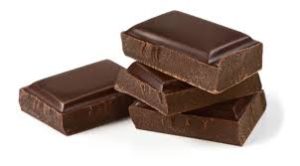 The evidence keeps piling up that certain foods are associated with health, while other foods (e.g., soda, ultra processed foods) are associated with chronic diseases. A recent article reported the results of several studies finding certain foods linked to cardiovascular health, including lowering blood pressure.
The evidence keeps piling up that certain foods are associated with health, while other foods (e.g., soda, ultra processed foods) are associated with chronic diseases. A recent article reported the results of several studies finding certain foods linked to cardiovascular health, including lowering blood pressure.
But guess what? They are popular foods available to everyone - cocoa, green tea, black tea, apples, grapes, and berries.
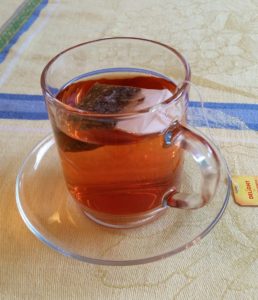 There is strong evidence certain plant compounds (flavan-3-ols, also known as flavanols or catechins) in these foods have beneficial effects on cardiovascular health. These compounds can lower blood pressure and improve endothelial function (functioning of the blood vessels). Two to three cups of tea daily! One to two servings of dark chocolate daily! Instead of chips for a snack, have an apple.
There is strong evidence certain plant compounds (flavan-3-ols, also known as flavanols or catechins) in these foods have beneficial effects on cardiovascular health. These compounds can lower blood pressure and improve endothelial function (functioning of the blood vessels). Two to three cups of tea daily! One to two servings of dark chocolate daily! Instead of chips for a snack, have an apple.
By the way, rather than focusing on eating just certain foods, it's better to improve your entire diet by eating more fruits, vegetables, whole grains, legumes, seeds, and nuts. All these foods are linked to good health and are considered part of a heart-healthy diet.
From Medscape: From Apples to Cocoa: Everyday Foods Linked to CV Benefits
The term “healthy diet” is often used but frequently remains vague. This is why scientific research into specific food components with preventive potential is gaining importance. Current studies suggest that certain plant compounds found in everyday foods such as apples, cocoa, and tea may have beneficial effects on cardiovascular (CV) health. ...continue reading "Common Foods Linked to Improved Heart Function"

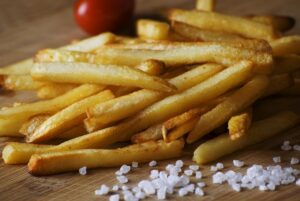
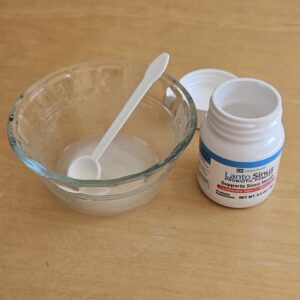 There is another easy (and lazy) way to use L. sakei (e.g., Lanto Sinus), for sinusitis or when sinus symptoms are starting. Only when needed, of course.
There is another easy (and lazy) way to use L. sakei (e.g., Lanto Sinus), for sinusitis or when sinus symptoms are starting. Only when needed, of course.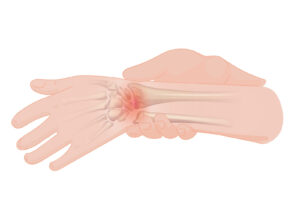
 It is still unknown whether probiotic supplementation would help these conditions because the studies are not yet done. But researchers do suggest eating an anti-inflammatory diet - which means a diet rich in fruits, vegetables, whole grains, legumes (includes beans), fish, seeds, nuts, and olive oil. This kind of diet has lots of fiber to feed and support beneficial bacteria.
It is still unknown whether probiotic supplementation would help these conditions because the studies are not yet done. But researchers do suggest eating an anti-inflammatory diet - which means a diet rich in fruits, vegetables, whole grains, legumes (includes beans), fish, seeds, nuts, and olive oil. This kind of diet has lots of fiber to feed and support beneficial bacteria.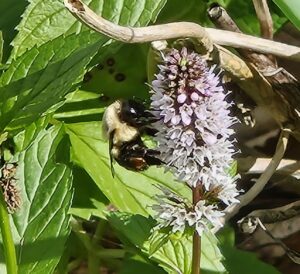 There have been so few bees in my garden the last few years that I get excited when I see one. This bee seems to really like the flowers of my mint plant.
There have been so few bees in my garden the last few years that I get excited when I see one. This bee seems to really like the flowers of my mint plant. Once again, a chemical banned in Europe (due to possible health harms) is allowed to be used in the US. The chemical TPO, which is used in nail polish gels, is viewed as "carcinogenic, mutagenic, or toxic for reproduction". In other words, could cause cancer and impact fertility.
Once again, a chemical banned in Europe (due to possible health harms) is allowed to be used in the US. The chemical TPO, which is used in nail polish gels, is viewed as "carcinogenic, mutagenic, or toxic for reproduction". In other words, could cause cancer and impact fertility.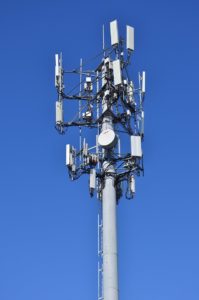
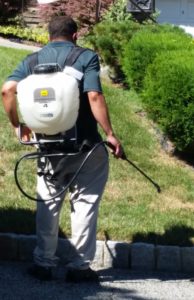 Millions of pounds of pesticides are used each year in the US: on farms, in buildings and homes, on lawns, in pet flea and tick products - basically everywhere. And so the pesticides eventually wind up in us - from the foods we eat, the water we drink, the air we breathe (when pesticides drift during applications or when used indoors), and the treated lawns and ground we walk on.
Millions of pounds of pesticides are used each year in the US: on farms, in buildings and homes, on lawns, in pet flea and tick products - basically everywhere. And so the pesticides eventually wind up in us - from the foods we eat, the water we drink, the air we breathe (when pesticides drift during applications or when used indoors), and the treated lawns and ground we walk on. Many of us absolutely desire and need a caffeine containing beverage such as coffee or tea in the morning, and find it difficult to function without it. So, findings from a recent
Many of us absolutely desire and need a caffeine containing beverage such as coffee or tea in the morning, and find it difficult to function without it. So, findings from a recent  Weight loss drugs (e.g., Ozempic) are very, very popular these days. But what happens when you stop taking the prescription drugs? A recent
Weight loss drugs (e.g., Ozempic) are very, very popular these days. But what happens when you stop taking the prescription drugs? A recent